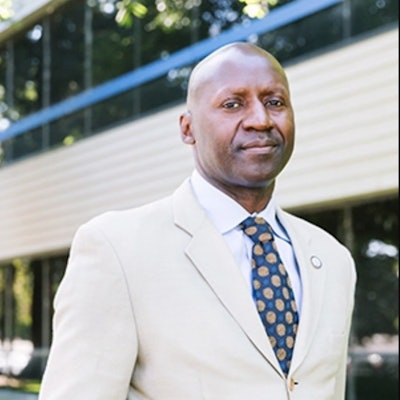Black history — and Black Americans — are under attack. After a national and international racial reckoning spurred by the killing of George Floyd in 2020, politicians have hit back hard. Since 2021, legislatures and governors in 19 states have enacted educational gag orders that restrict teaching and learning about allegedly divisive concepts such as race, racism, and American history. The fate of affirmative action in higher education awaits a U.S. Supreme Court ruling. The smart money is on the justices striking it down.
In addition, there are concerted efforts to stamp out diversity, equity, and inclusion efforts in public sector hiring, water down or even cancel the Advanced Placement African-American Studies program and whitewash K-12 social studies curricula of uncomfortable truths about how this nation has historically treated Black Americans. In Florida — ground zero for many of these efforts — the legislature is now considering a bill that would prohibit public universities from offering certain majors and courses as well as spending money on diversity and equity initiatives.  Dr. Thomas Stewart
Dr. Thomas Stewart
As a lifelong academic, a DE&I administrator, and a Black man, I watch all of this unfold with a growing sense of foreboding. Because the attacks on programs that acknowledge race and racism are an attempt to erase a chapter of American history marred by inequality that I experienced firsthand. I was a child of the 1960s and 1970s and grew up in a low-wealth home in a segregated public housing community in Washington, D.C. Neither of my parents had a high school diploma — that was at a time when only 5% of Black Americans held a bachelor’s degree.
Mine turned out to be an improbable success story, one in which my past did not determine my future. However, understanding the past was critical to pursuing a future that could be different. After serving three years in the U.S. Army, I enrolled at the University of the District of Columbia, earned a doctorate from Harvard University, and embarked on a career in which I founded and led 20 education and human services organizations. But there is a generation of Black Americans — now in their 50s and 60s — whose potential was artificially constrained by a society still deeply affected by the far-reaching implications of a legacy of institutionalized racism.
Since then, the power and promise of higher education have become clearer—if not fully realized. Today, more than one-quarter of Black adults have earned a bachelor’s degree. Black Americans are earning more money than they did in my childhood. More own homes. Fewer live in poverty. The progress is measurable but still unequal: Black Americans continue to trail their white counterparts on multiple socio-economic measures.
So, when the teaching about race, inequality, and DE&I efforts come under attack, how should higher education leaders respond? Should we throw in the towel? The only acceptable answer is that we remain steadfast because there is too much at stake for college and university leaders to retreat.




















